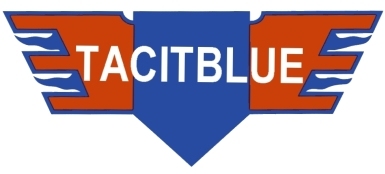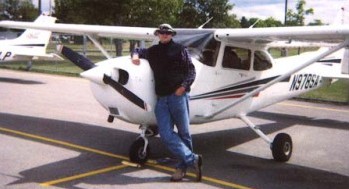In a corner of Southampton airport, dwarfed by the terminal buildings, sit four Piper training planes painted in a natty red and white livery. This is the fleet of Solent Flight, a prosperous flying school with 300 pilots on its books.
Solent has offered training courses and pleasure flights along the south coast for well over a decade. But it is about to be evicted to make space for an extra aircraft parking space for the budget airline FlyBe.
BAA, which runs Southampton airport, says it is pressed for space and needs the stretch of apron occupied by Solent. The flying school says it has already swallowed a 100% increase in airport charges over five years, and that eviction could mean closure.
Martin Robinson, the chief executive of the Aircraft Owners and Pilots' Association, says Britain's 25,000 private pilots are becoming increasingly frustrated at soaring landing fees, compulsory "handling charges" and the frosty welcome at airports where once they were valued customers.
"It's all tied in with the grandiose idea that these are all large international airports. To be quite honest, it's a joke," he says. "Many of these airports saw the government's white paper on airport expansion and took it as a green light for Little Snodgrass International," said Mr Robinson.
Anxious to accommodate the likes of Ryanair, FlyBe and easyJet, the airports tend to regard private aviation as a nuisance with the potential to block a runway just as a commercial jet wants to land.
At Edinburgh, two out of in three local flying schools have shut down in recent years. Newcastle airport's landing charges for the smallest of planes have rocketed from

Simviation Forums
Flight Simulator and other chat














